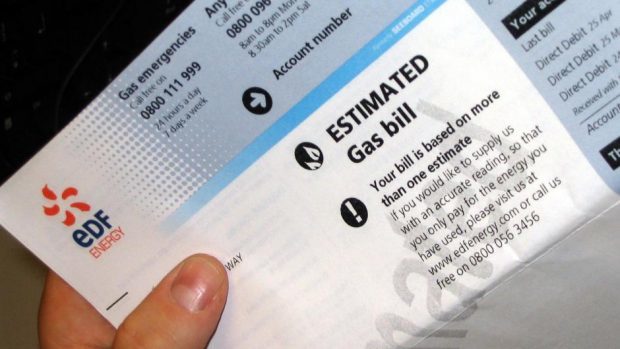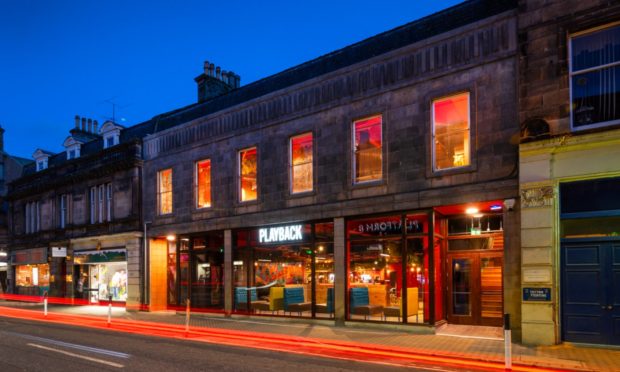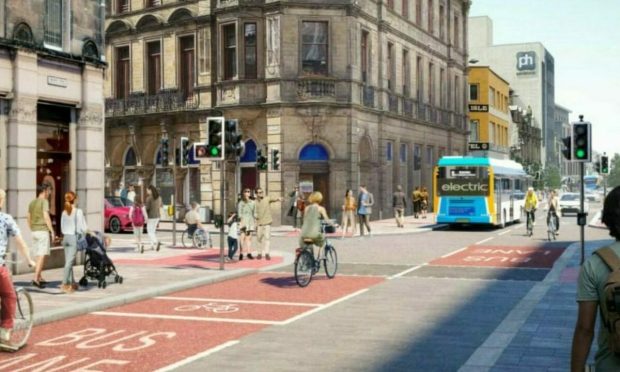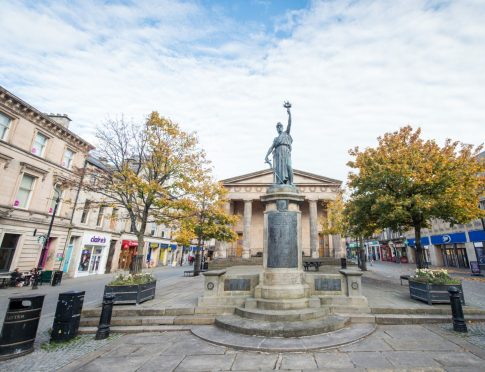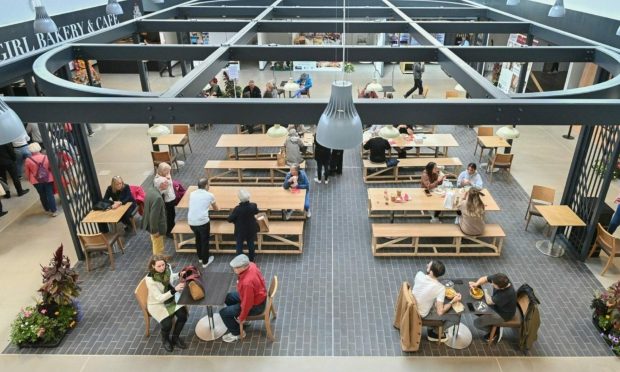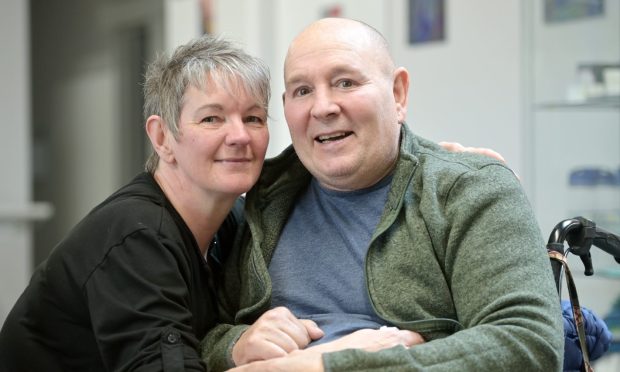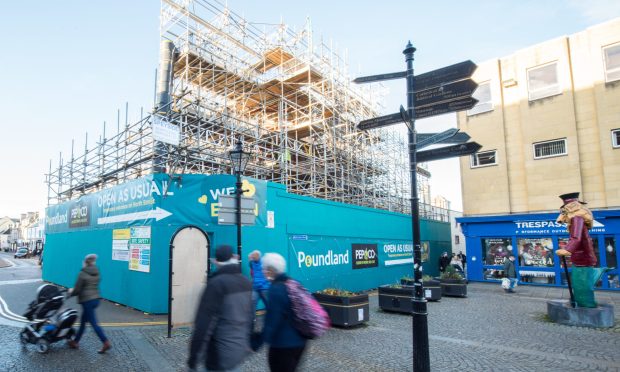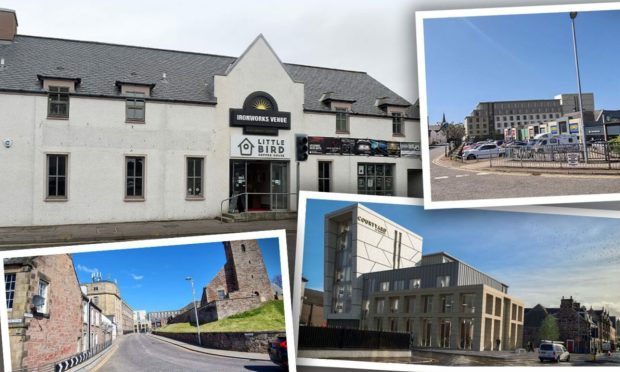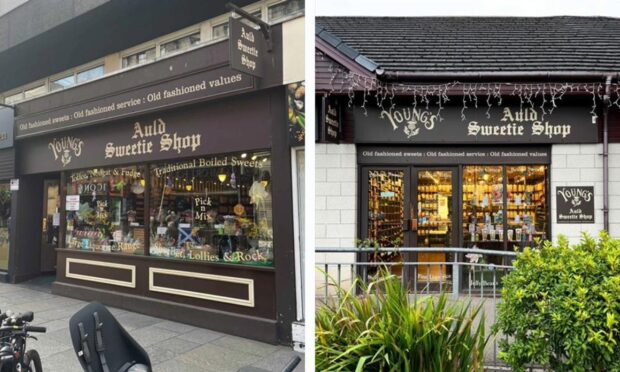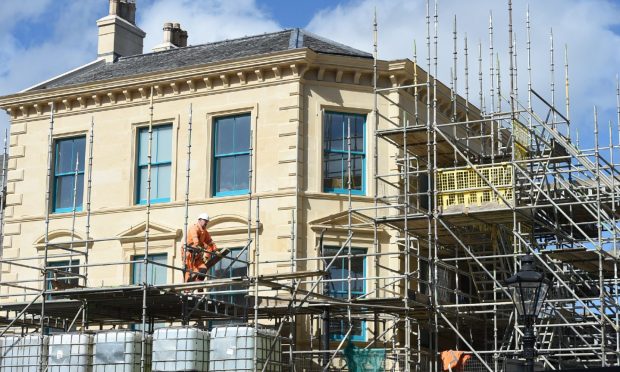Levels of fuel poverty in this country continue to shame us all.
Despite the issue climbing up the political agenda over recent years, we appear as far away as ever from finding a solution.
No part of the country is immune, but fuel poverty is particularly acute in our island communities.
In Orkney, the area I represent, 63% of households are affected, the highest anywhere in the UK. That rises to 85% for pensioner households.
By any reckoning, these are horrendous statistics.
That is why I used parliament’s consideration of the Islands Bill to bring forward amendments seeking to address the specific challenge of rural fuel poverty.
The Bill, due to complete its passage through parliament later this month, proposes ‘island proofing’ new laws so as to take account of how they affect island communities.
In Orkney, homes are more exposed than most to the elements and climate. Our housing stock is older and heating costs higher because we’re off the mains gas grid.
For these and other reasons, the solutions required to tackling fuel poverty are often different to those needed for, say, a tenement in Edinburgh.
The government can’t honestly expect a one size fits all approach to be effective. We need tailored, area-specific models which take account of local conditions.
We also need catch-up zones so communities that are particularly badly affected by fuel poverty can be helped to catch up.
The hope now is that the Warm Homes Bill, due out before the summer, will provide a basis for taking forward this action.
Unfortunately, Scottish Ministers seem intent on setting less ambitious targets for eradicating fuel poverty and show every sign of failing to recognise the specific characteristics of rural fuel poverty.
Using a single income threshold to determine who qualifies as fuel poor is misguided and goes against the advice of the government’s own Rural Fuel Poverty Task Force.
Unless Ministers are prepared to rethink this approach, the risk is they will compound the problem and widen the gap between rural and urban areas.
The previous target was to eradicate fuel poverty by 2016. This was missed by over 845,000 households.
We cannot afford continued failure on this scale. What the hundreds of thousands of people in need across Scotland want are warm homes – not warm words.
As we head towards summer, the temptation may be to think less about how much it costs people to heat their homes. Yet, this would be a mistake.
Fuel poverty is an issue that demands our attention and action all year round.
Police
I’m proud of the role my party has played in scrutinising the SNP’s police centralisation.
It’s not always been a popular position – at the time the centralisation plans were backed by Labour and the Conservatives too.
As chief officers and police authority board chairs have come and gone, however, and the Auditor General voiced concerns over Police Scotland’s financial position, our warnings have been vindicated.
This week has showcased the challenges facing our hardworking police officers.
From allegations the former Chief Constable whitewashed a critical review of his service to British Transport Police bosses warning that the SNP’s politically motivated merger of BTP into Police Scotland is a shambles, the same problems keep arising time and time again.
The integration of BTP has cost more than a million so far and what the final figure will be is anyone’s guess.
Between looming cuts to officer numbers and BTP officers and staff left out the loop it’s no wonder that only one in 10 officers feels positive about the future.
That’s why Scottish Liberal Democrats are calling for an independent commission, appointed by the Scottish Parliament and not ministers, to come forward with recommendations to help restore effective leadership and governance to Scottish policing.
Malawi
Last week, when addressing the Scottish Parliament, Malawi’s President, Prof Peter Mutharika talked of the ‘people to people relationship’ between our two countries.
This description, I believe, captures very well the bond that has been established between Scotland and Malawi over the last two centuries, dating back to the time David Livingstone first set foot in Nyasaland.
Today, there is not a constituency in Scotland that does not have a connection with the Warm Heart of Africa.
The sheer diversity of those connections is astonishing, involving schools, churches, voluntary groups, businesses and more besides.
The Scotland Malawi Partnership, and its sister organisation in Malawi, deserve particular credit for the part they play in fostering and developing these relationships from which the people and communities of both countries benefit enormously.
In turn, these bonds have laid a foundation for the more formal links between our respective governments and parliaments.
The President’s recent visit saw those links further strengthened through a joint agreement with the First Minister committing both governments to work together to boost health, education, human rights, governance and social enterprise, as well as measures to promote gender equality and tackle climate change.
Malawi faces major challenges and Scotland can help with trying to address these. But this is a relationship of mutual benefit, enriching the lives and broadening the horizons of those in both countries. Long may that continue.
